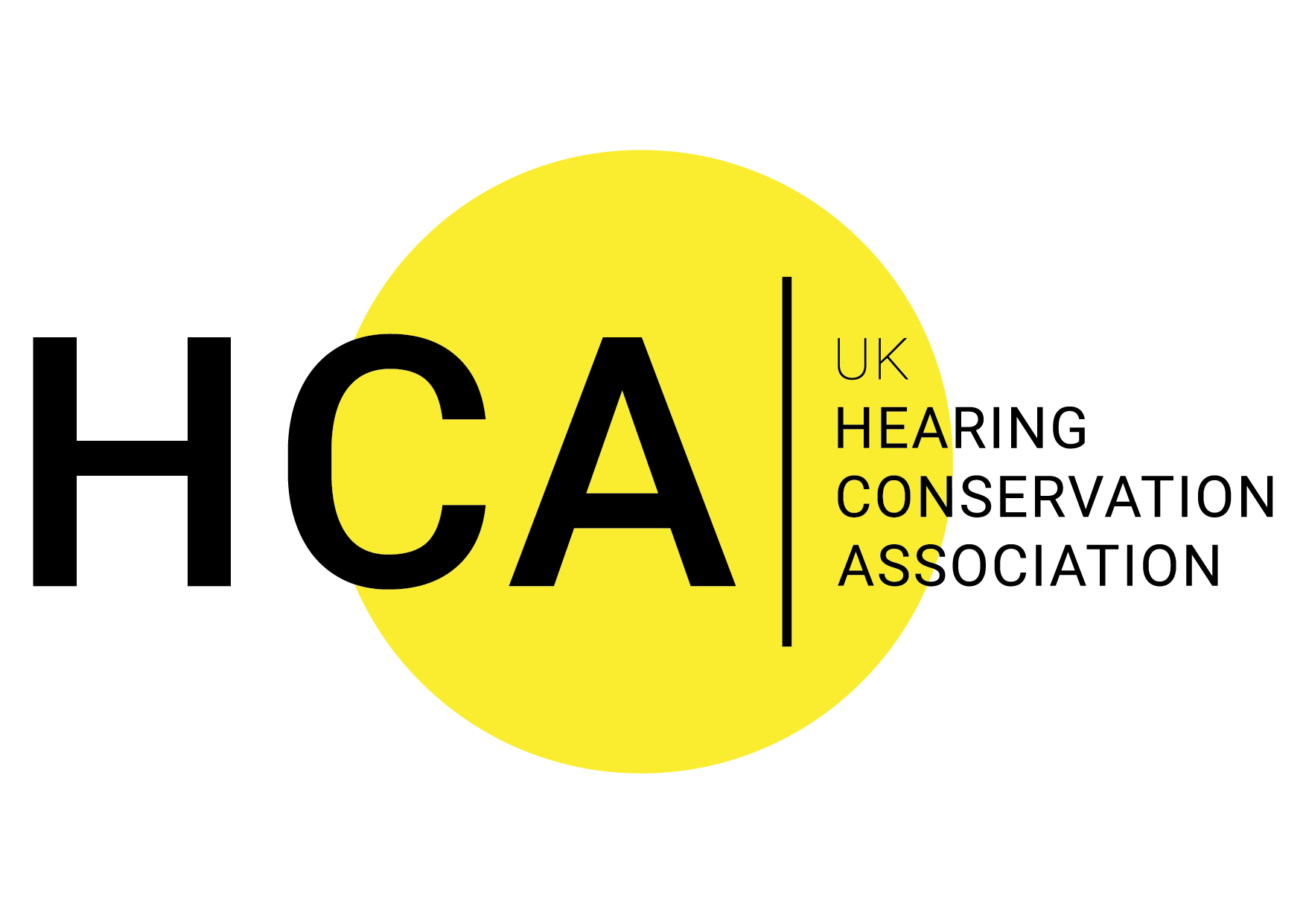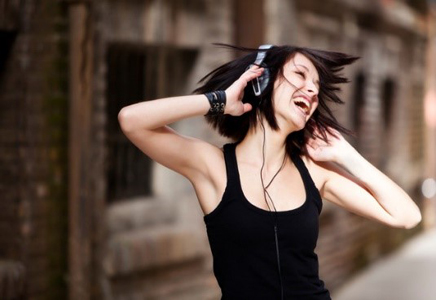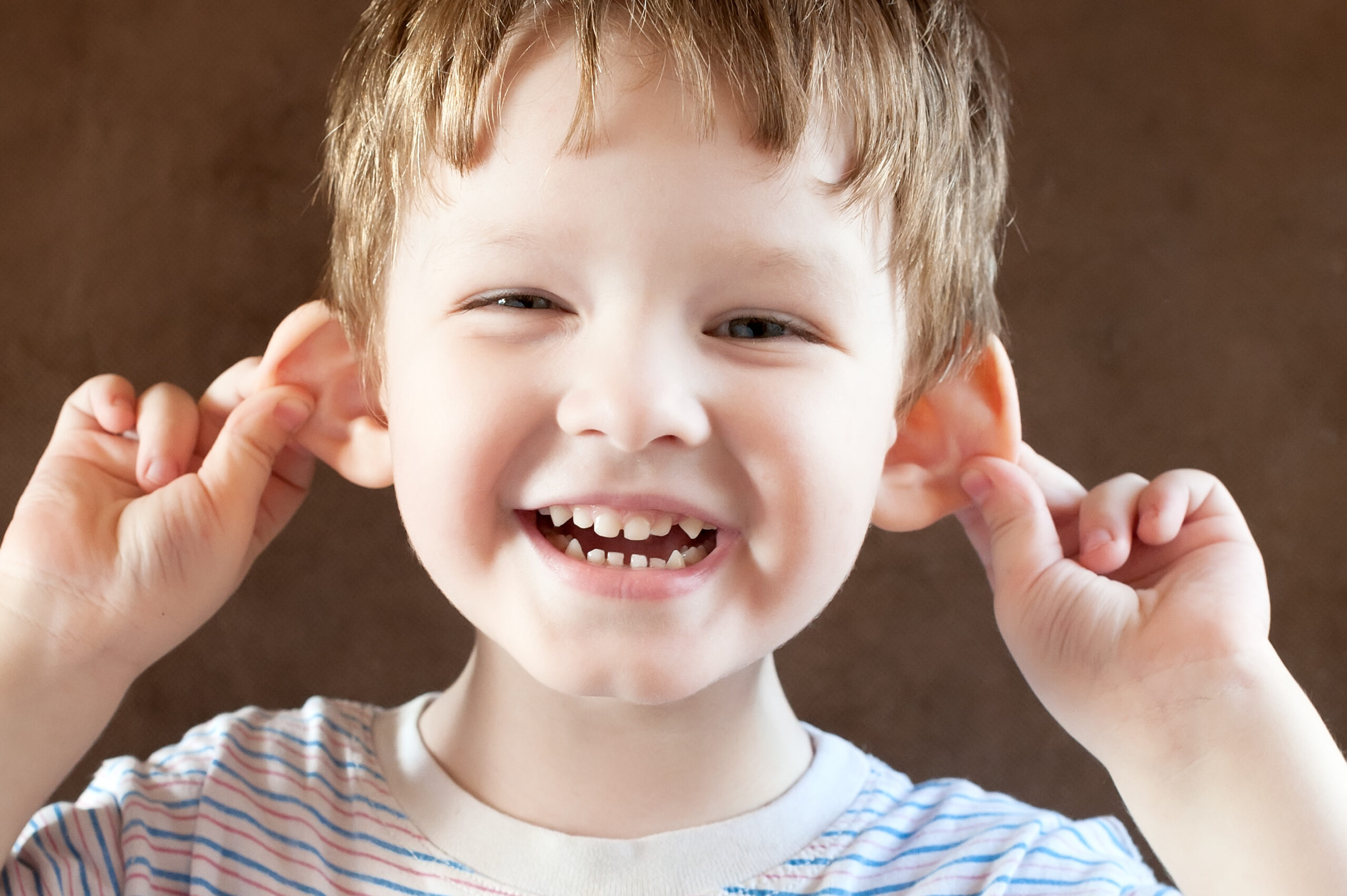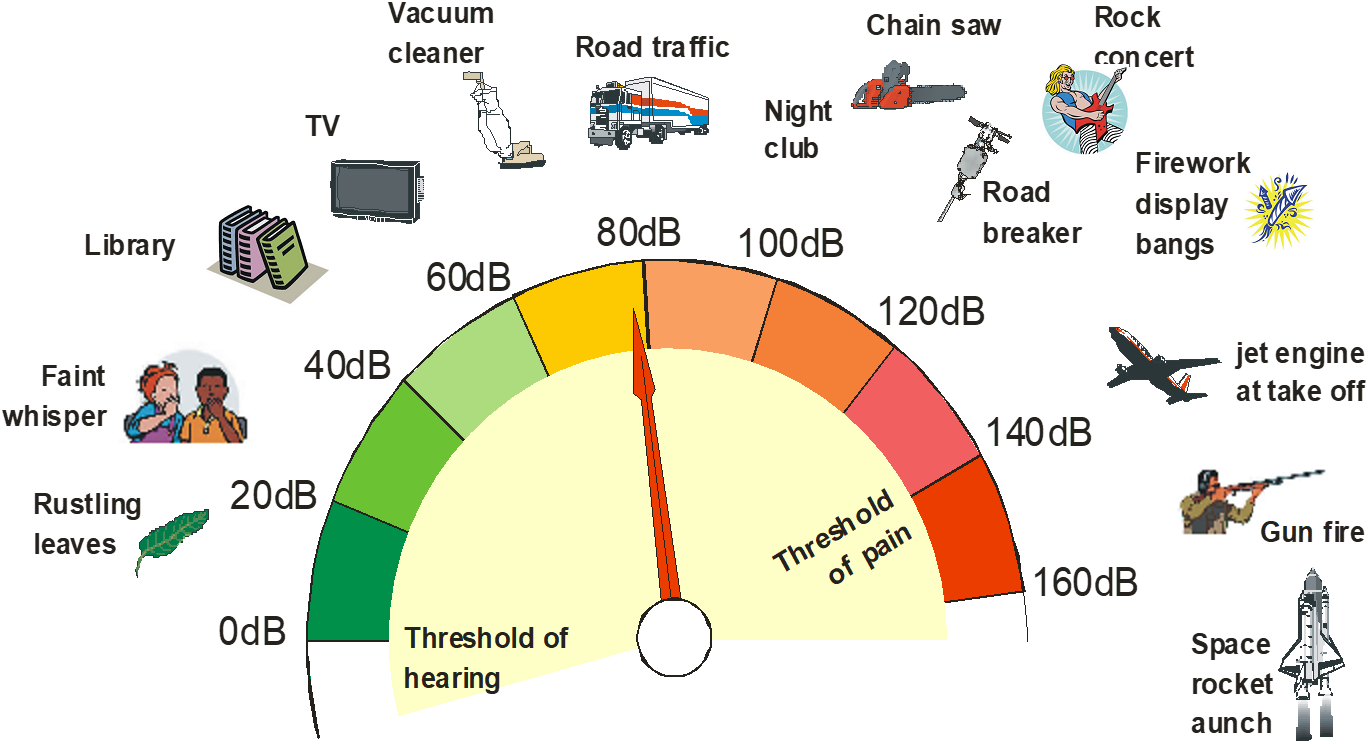At Leisure
While the prevalence of people exposed to noise at work has decreased, the number of people exposed to high levels of noise at nightclubs, live-music gigs, or through a personal music player has trebled since the 1980s.
Approximately 5-10% of people using personal music players such as MP3 players or smartphones listen at high volumes for sustained periods of time, putting themselves at risk of developing noise-induced hearing loss (European Commission, 2009).
The European Committee for Electrical Standardisation in 2013 set a new standard for personal music players, including smartphones that must have a sound limit of 85dB (A). The user can choose to override this limit and increase the sound level up to 100dB (A). If so, the user must be warned about the risks of listening at high volumes for every 20 hours of listening time.
Headphone Use
Find out how to protect your hearing
Could headphones be damaging your Children's hearing?
Find out how to protect their hearing
Noise Induced hearing Loss
Find out more about acceptable levels of noise
5 ways to protect your Hearing
With the World Health Organisation (WHO Report ) suggesting that more than 1 billion of us are at risk of permanent hearing loss here are 5 ways you can protect your hearing.
1.
Firstly, test your hearing. Try the easy, free app, hearWHO (Link to hearWHO app). Keep a record of your score and retest yourself every six months or so. If you are worried about your hearing see your doctor.
2.
Try to avoid exposure to loud sounds/long periods of exposure. Loud sounds are common at live events, music and motorsport, when shooting, using power tools, lawn mowers and riding motorcycles. If you are attending, taking part or using noisy equipment make sure you wear hearing protection.
3.
A common source of large sound doses is from using headphones. Consider timing how long you are using your headphones are and check out your listening levels. It may help you to download a hearing safeguarding app, which will total the time and level for you, and let you know when you’re overdoing it.
4.
Upgrade your ear buds to good quality ‘over-ear’ headphones which will reduce the background noise so you can listen at a lower level. For the noisy public transport consider buying active noise cancelling headphones.
5.
When you go to live music events take hearing protection with you and use it when the support act is on to give your ears a break and leave them fresh for the main attraction.



